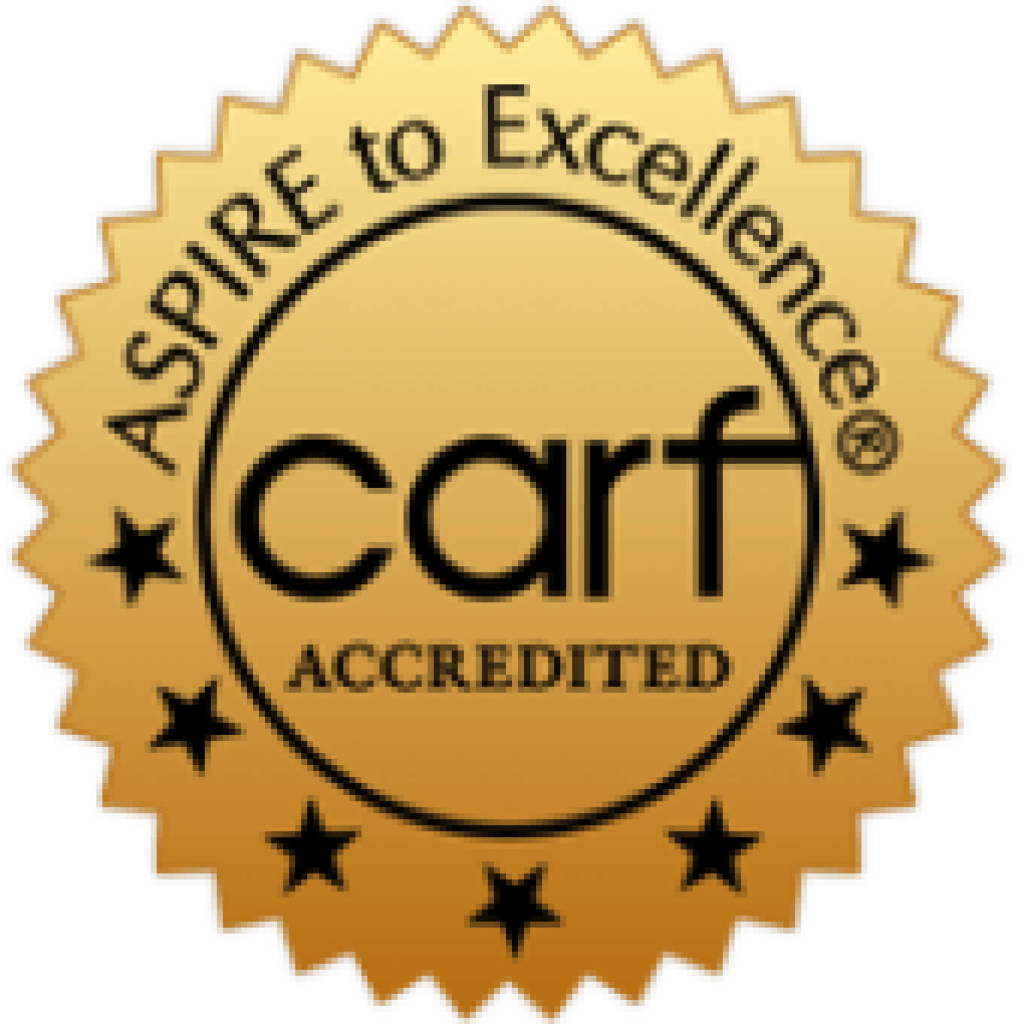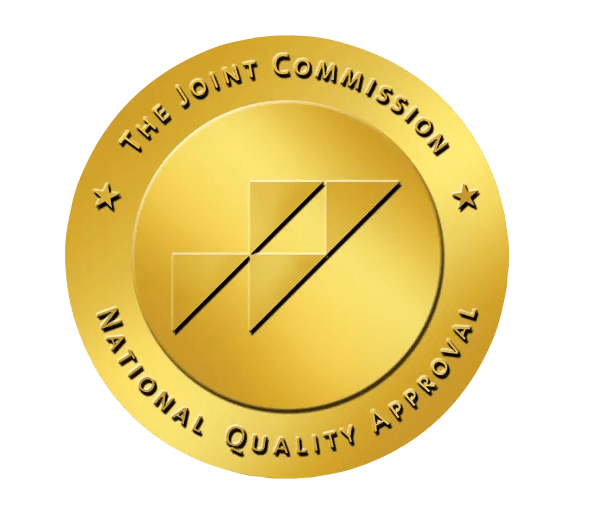With locations throughout Arkansas, Kansas, and Oklahoma, we serve the entire United States.
How Does Trauma Result in Addiction?
How Addiction Can Develop from Trauma

In the United States, around 70% of adults and 25% of adolescents and children have encountered some kind of trauma.
Individuals who have experienced trauma may become nervous, scared, apprehensive, and excessively reactive. Trauma is known to alter the way the brain functions, making the brain susceptible to dangers.
Unfortunately, this frequently leads to reckless activities that may do more damage than good. Substance abuse is one of these tendencies.
75% of people in addiction treatment had experienced trauma or abuse in the past.
Post-traumatic stress disorder affects 33% of those who have been exposed to trauma (PTSD). Between 60 and 80 percent of veterans seeking PTSD therapy also require treatment for a drug use problem.
Despite the fact that experts are still investigating the link between trauma and drug abuse, evidence consistently suggests that trauma may increase the likelihood of persons using addictive substances.
RELATED:
8 Fears About Attending Rehab for Addiction Disorders →
The Brain Can Become Reactive
Human brains are very adaptable.
The brain may react to and adjust according to human experiences because of a property known as plasticity.
Neurons in some areas of the brain develop, alter, and break as a result of everything people do and experience, whether good or harmful.
Childhood experiences may accompany individuals throughout adolescence and adulthood due to their flexibility. In truth, your thoughts, behaviors, and reactions to people, events, and opportunities are shaped by your experiences.
Abnormalities in the brain occur when people are traumatized. Impulse control and cognitive thinking are often affected by these changes.
The amygdala, prefrontal cortex, and hippocampus are the brain areas most affected by trauma. The amygdala controls the fight-or-flight response while your hippocampus integrates and maintains emotional memories.
The prefrontal cortex aids in the regulation of impulse control and emotions. The amygdala goes into overdrive after a traumatic event, suppressing the prefrontal cortex.
As a result, people are less able to manage their fears and become more reactive.
This can lead to lowered impulse control, making people indulge in substance abuse.
Need for Constant Comfort
Cortisol levels rise after a traumatic event. Cortisol and other stress chemicals at dangerously high levels obstruct proper brain growth.
Individuals who have undergone trauma often crave comfort, relief, and satisfaction since they may not find pleasure and comfort. The brain seeks pleasure in order to fulfill this demand for comfort.
As a consequence, many individuals resort to substances that are addictive, such as alcohol or narcotics. Stimulants like crystal meth, cocaine, and heroin, for example, increase dopamine levels in the brain.
Dopamine, commonly known as the "feel-good" molecule, provides a feeling of pleasure, relaxation, and release for a short period.
Unfortunately, this feeling of well-being is fleeting, leading to people's continued use of these narcotics. As a result, some turn to drugs and alcohol to replace the comfort and security they should have had throughout their lives.
Increase Likelihood of Mental Health Issues
Untreated trauma may quickly lead to mental health issues.
Post-traumatic stress disorder (PTSD) is a psychological disorder that arises when individuals have trouble recovering from a catastrophic incident they have experienced or seen.
People who have been through trauma may become depressed or anxious.
Self-medication is a possibility for certain people.
Unfortunately, mental health issues might make people more susceptible to using addictive drugs. Individuals who are always depressed, suffering from panic attacks, and coping with social anxiety or paranoia may attempt to self-medicate their problems.
While people engage in practices that make them feel momentarily better when they are in a difficult circumstance, they attempt to self-medicate their difficulties.
Numerous people who have been through trauma self-medicate with drugs and alcohol. Some people attempt to numb themselves from unpleasant thoughts and memories.
Pathways Recover Centers is here to help you through addiction disorders. We help people by using holistic techniques like professional therapy, which can address the trauma building up inside you.
Take the First Step!
We will get back to you as soon as possible.
Please try again later.
Start Your Path to Recovery
The path to recovery could be closer than you think. Click through to learn more and begin healing today.
Holland Pathways
Wichita, KS
Sunflower Recovery
Kansas City
Country Road Recovery
Oklahoma City
Serenity Park Recovery
Little Rock, Arkansas
With locations throughout Arkansas, Kansas and Oklahoma
we serve the entire United States
Drug & Alcohol Addiction Treatment in KS & OK






